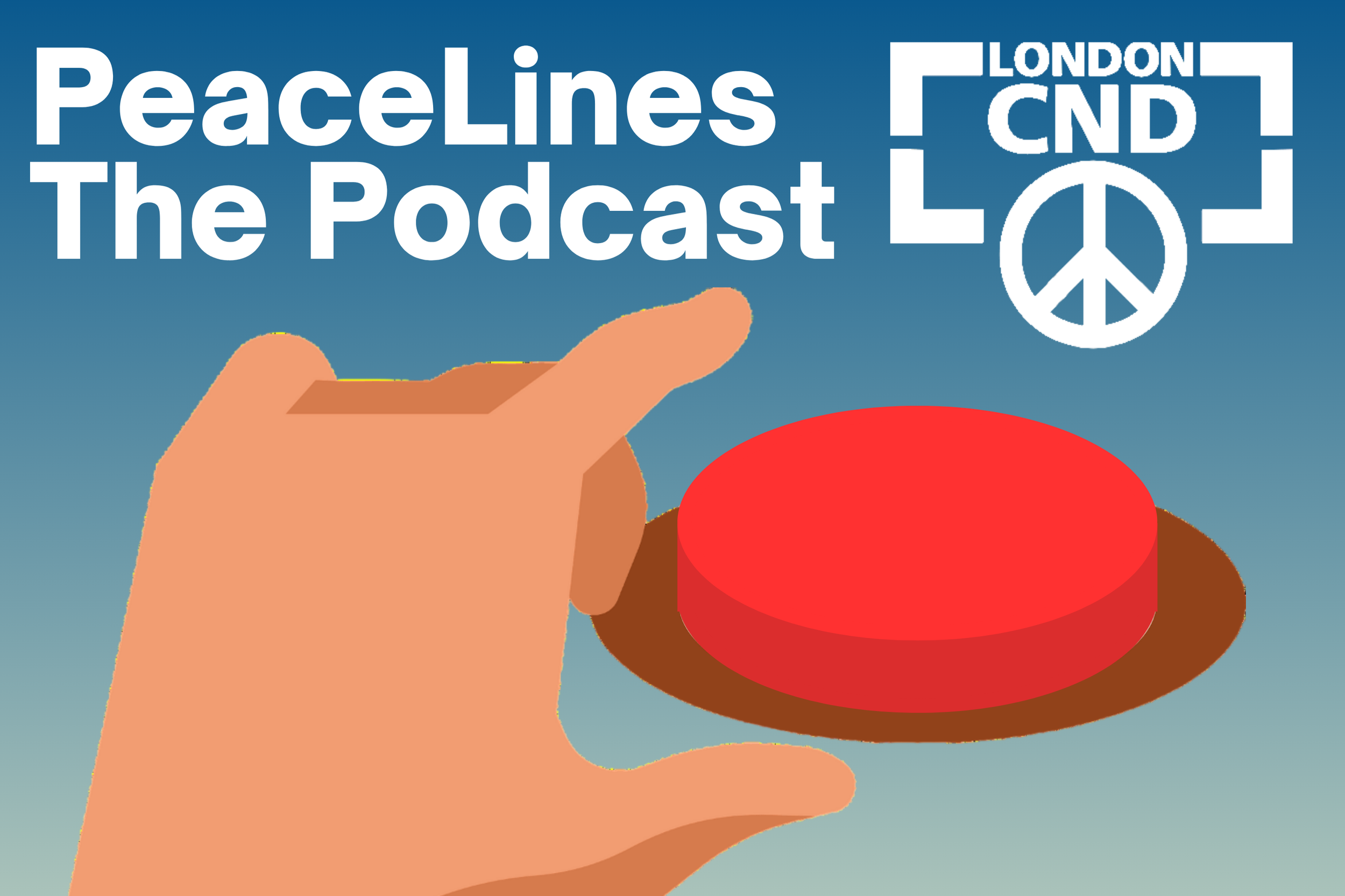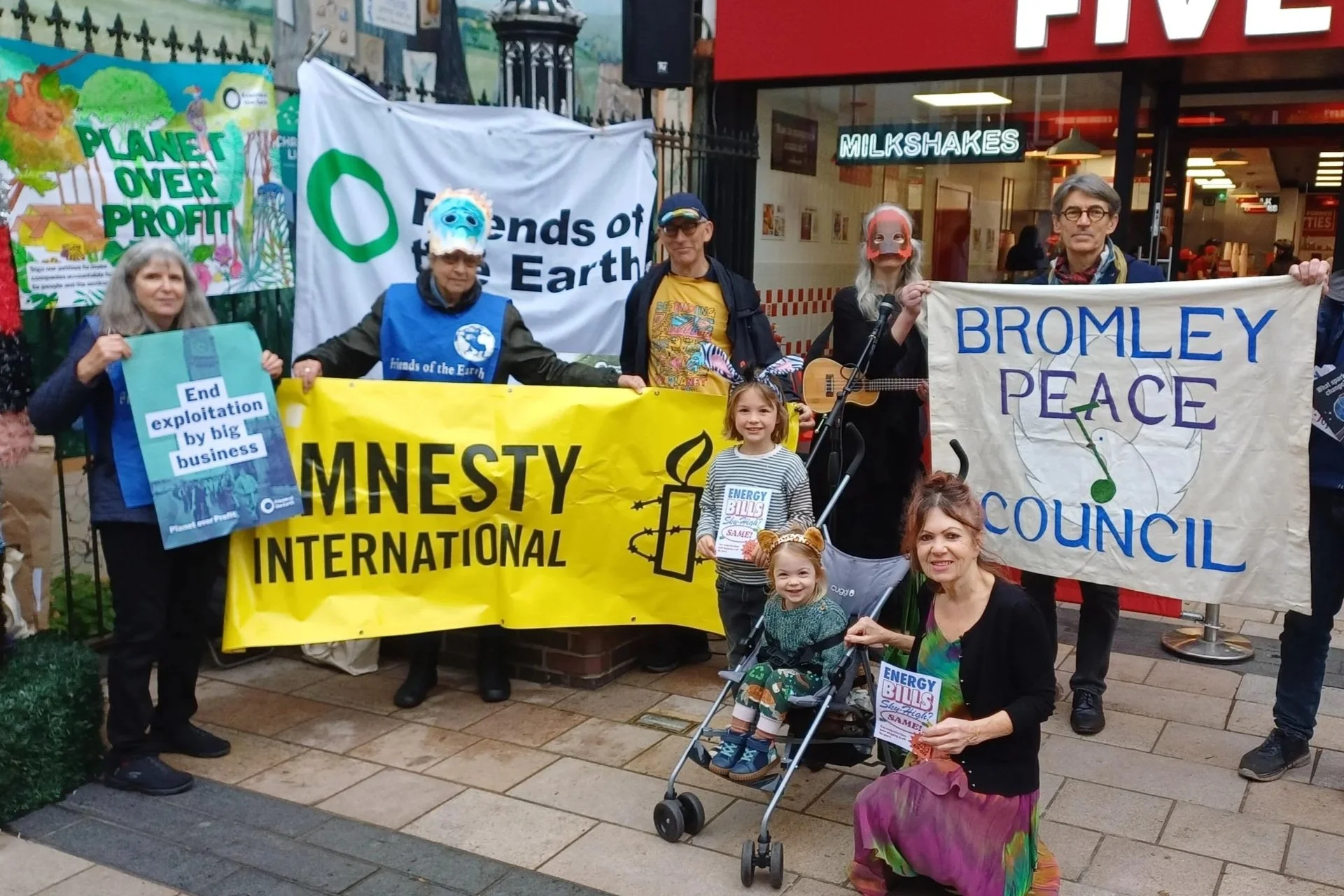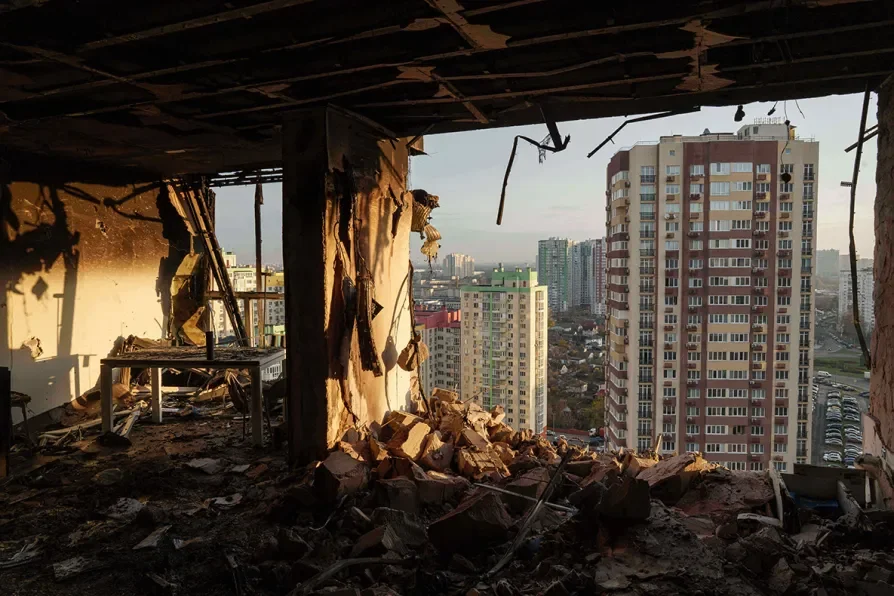On 6 August 1945 the US dropped the first ever atomic bomb on the Japanese city of Hiroshima. Three days later the tragedy was repeated when a second US bomb was dropped on Nagasaki. A total of around 250,000 people died.
The firestorms which followed left many victims so heavily burned they no longer looked like human beings. Others fell ill and died from the black rain that spread radiation poisoning.
The devastation didn’t stop there. Atomic bomb survivors, Hibakusha as they’re known, are suffering still from birth abnormalities and cancers – and so are their children and grandchildren, Japan’s second and third generation Hibakusha.
Dozens of ceremonies across the UK remember the bombings each year. London CND held a serious of events for 2017, linking past and future with the demand that Britain support the UN Treaty on the Prohibition of Nuclear Weapons, which opens for signature on 20 September.
Tavistock Square Gardens, 6 August
Our annual ceremony was held next to the Hiroshima Cherry Tree, planted in 1967 by the then Mayor of Camden and opened this year by Deputy Mayor Cllr Jenny Headlam-Wells. Among those who spoke was Catherine West, Labour MP for Hornsey and Wood Green who emphasised the need to support the global nuclear ban treaty. So did Pablo Roldan from the Embassy of Ecuador, one of the Treaty’s sponsors, while AL Kennedy gave a powerful anti-war speech. The ceremony began and ended with Raised Voices Peace Choir, and other performers included folk singer Peter Dunne. Click here for photos.
No more Hiroshimas Rally, 7 August
We held an evening rally at Friend House supported by Quaker Peace and Social Witness, with four terrific platform speakers all calling on the UK government to sign the global nuclear ban treaty. Kamila Shamsie open the proceedings with an extract from her novel, Burnt Shadows which begins as the atomic bomb drops on Nagasaki, and later spoke about Pakistan’s and India’s nuclear weapons. Rebecca Johnson, Green Party, gave a first-hand account of treaty negotiations at the UN HQ in New York, and Bruce Kent reminded the audience that we must continue the campaign to scrap Trident. And we listened attentively to special guest José Enrique Castillo Barrantes, Costa Rica’s Ambassador to the UK, who explained why Costa Rica had led the talks on the global ban treaty.
Sands Cinema Film Festival, 1-8 August
London CND joined forces with the Sands Film Club for a mini-festival of anti-nuclear films. Thanks to Olivier Stockman, Christine Edzard and the team who offered film-goers a choice of five very different treatments of the bombing of Hiroshima and Nagasaki, from documentary to anamie and satire – with a London CND speaker leading a discussion of the issues at every showing.
Nagasaki Day, 9 August
Shigeo Kobayashi, a leading member of London CND, led our work in support of Pax Christi’s peace walk and the Battersea Peace Pagoda ceremony.
Local activities, 6-9 August
Local groups held their own commemorations too. You can find some of their photos here.









